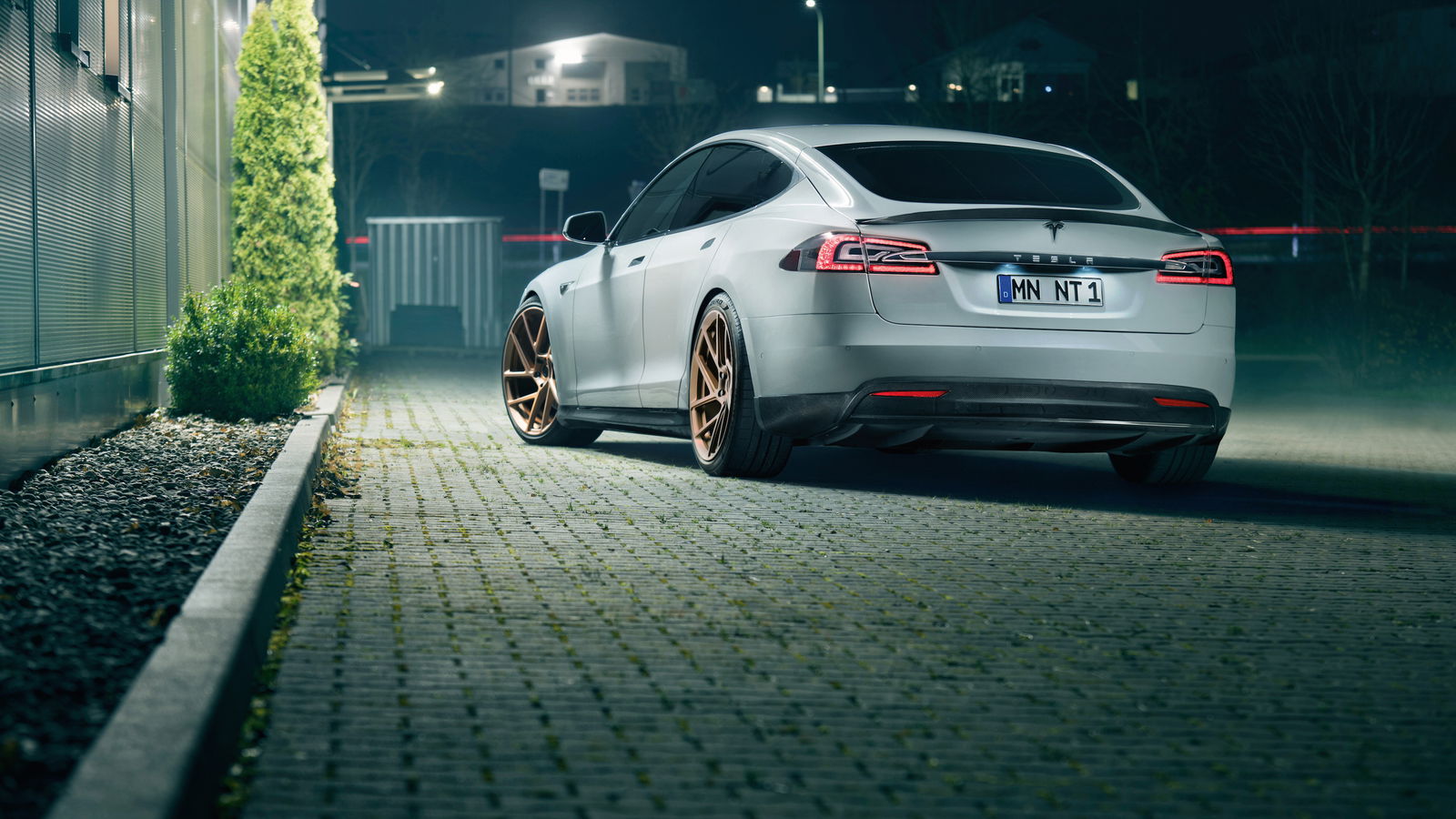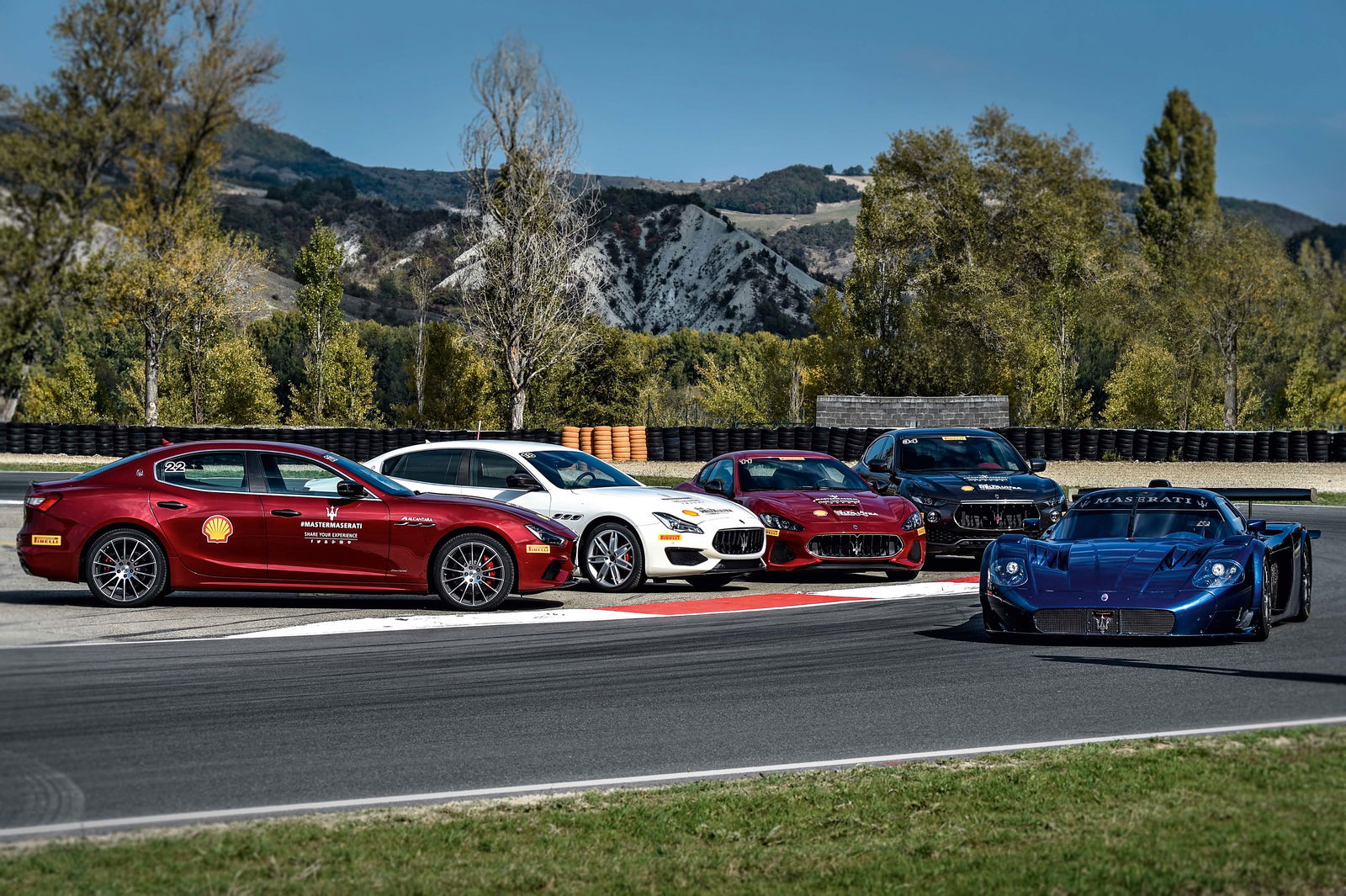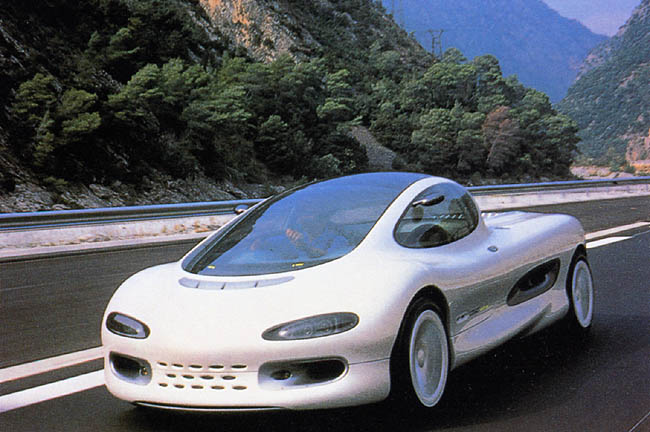Car Makers Need To Stop Using The Word 'Autonomous' Because People Actually Believe It

There’s a problem hiding in plain sight in today’s increasingly machine-moderated car world. It’s the word ‘autonomous.’
This word, defined loosely as something free of external control or influence, is being bandied around in what seems like almost every press release these days, but car makers need to stop it. Right now.
The problem is that there is no true autonomy in cars yet. All the years of development so far aren’t enough. Drivers, as we’re finding out regularly with Autopilot-activate crashes, can’t rely totally on the systems yet. And if you can’t rely on the system, what’s the point of it?

To be fair, systems like Autopilot are superb backups. They can see beneath the car in front, or hit the brakes before the human driver even knows why. Having them turned on is a no-brainer. The problem seems to arrive at the point where people start to think they can let go of the wheel.
Letting the computer do the driving is, as things stand, a bad idea. Uber’s test car saw a human being directly in its way but decided not to avoid her. Tesla’s Autopilot recently failed to see a massive, red fire truck. There’s probably nothing in the code to specifically suggest a reason why; it just didn’t. Humans make silly mistakes all the time, but so, it seems, do machines. Right now it seems like we’re just trading one kind of fallible for another. Another that’s out of our control, and for whose mistakes we get blamed anyway.
This is why talking about any kind of autonomy in cars right now is just wrong. The systems are still fallible but the more we talk about self-driving cars, the more the idea becomes normalised and the more people will blindly believe they simply work… until they don’t, that is, and someone ends up in hospital or worse. Judging by the news, people are beginning to switch off and put complete faith in the car. That’s proving to be a dangerous situation.
At best we should be thinking of any supposed autonomous driving systems as glorified cruise control. Sure, you can take your feet off the pedals, but a hand on the steering wheel is always a good idea (and often a requirement of the system) and you should always be focused on the road. You never know what kind of mess your expensive machine might get itself into when left to its own devices.
Temporary road markings, longitudinal cracks in the road surface, bright, low sun or even dirt on sensors can all deceive various systems. They might have your back, but they’re certainly not ready to take the lead.

Drivers still need to concentrate on driving, even if they’re technically not in control. To do that, the average human needs to be active in the process; managing steering at the least. By ending what’s becoming a frivolous use of the word ‘autonomous,’ car makers could hopefully remind people that there’s no such thing as a safe or totally competent self-driving car yet, and that drivers can’t simply turn to their smartphones believing they’re protected.
Autonomous cars that never, ever have accidents might happen one day. On the other hand, the infinite variables across an entire planet of roads and varying conditions will most likely always find occasional flaws in any amount of complex software. It’s crucial that people remember that, and maintain direct control of the car. Autonomy in cars is a myth, and it’s high time car makers stopped pretending otherwise.


Comments
Blaming manufacturers for their marketing is the same as suing McDonald’s for the hot coffee burning you because the cup didn’t say “CAUTION HOT”. If you buy the car you should know it’s limitations.
I had a similar idea in a previous post. I think its too early to call this tech autonomous or auto pilot.
Or people could just follow instructions and not be morons.
*americans
Here’s my piece in autonomous cars or machine autonomy in general: Humans have flaws and a creation made by a human reflects not only his strenghs but also said flaws. That doesn’t mean that the creation can’t work but rather that machines are never flawless just as humans. It’s the same with autonomous driving systems: They are human creations that will never be perfect. Because of this I think that cars that use a higher level of autonomy than four shouldn’t be allowed on open roads. We should rather let the driver and the assists work together to combine their strenghs and overcome their flaws.
Driving is a state of nervana so if take away that nervana feeling then let the why set in and cause havoc
Natural selection bruh
Pagination